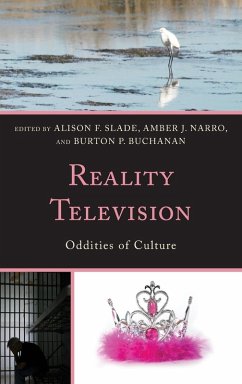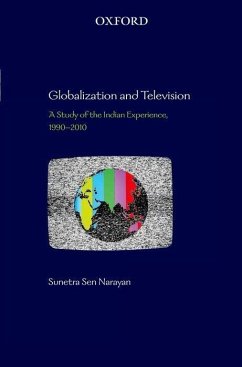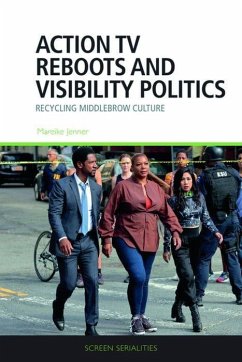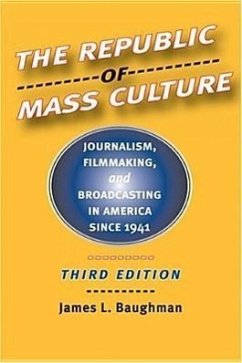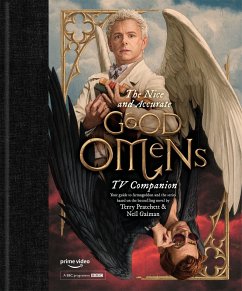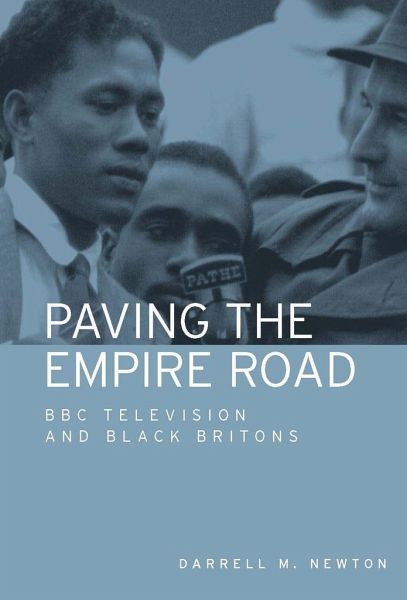
Paving the Empire Road CB
BBC Television and Black Britons

PAYBACK Punkte
64 °P sammeln!
The book explores how BBC management attempted to address race relations for the benefit of white Britons and African Caribbeans as their presence in England increased beyond the post-war years. Archival documents are used to demonstrate how established policies often shifted, reflecting the changing social climate of the nation, and its audiences.
Beginning in the 1930s and moving into the post millennium, Newton provides a historical analysis of policies invoked, and practices undertaken as the Service attempted to assist white Britons in understanding the impact of African-Caribbeans, and their assimilation into constructs of Britishness. Management soon approved talks and scientific studies as a means of examining racial tensions, as ITV challenged the discourses of British broadcasting. Soon, BBC2 began broadcasting; and more issues of race appeared on the screens, each reflecting sometimes comedic, somewhat dystopic, often problematic circumstances of integration. In the years that followed however, social tensions such as the Nottingham and Notting Hill riots led to transmissions that included a series of news specials on Britain's Colour Bar, and docudramas such as A Man From the Sun that attempted to frame the immigrant experience for British television audiences, but from the African-Caribbean point of view. Subsequent chapters include an extensive analysis of television programming, along with personal interviews. Topics include current representations of race, the future of British television, and its impact upon multiethnic audiences. Also detailed are the efforts of black Britons working within the British media as employees of the BBC, writers, producers and actors.





